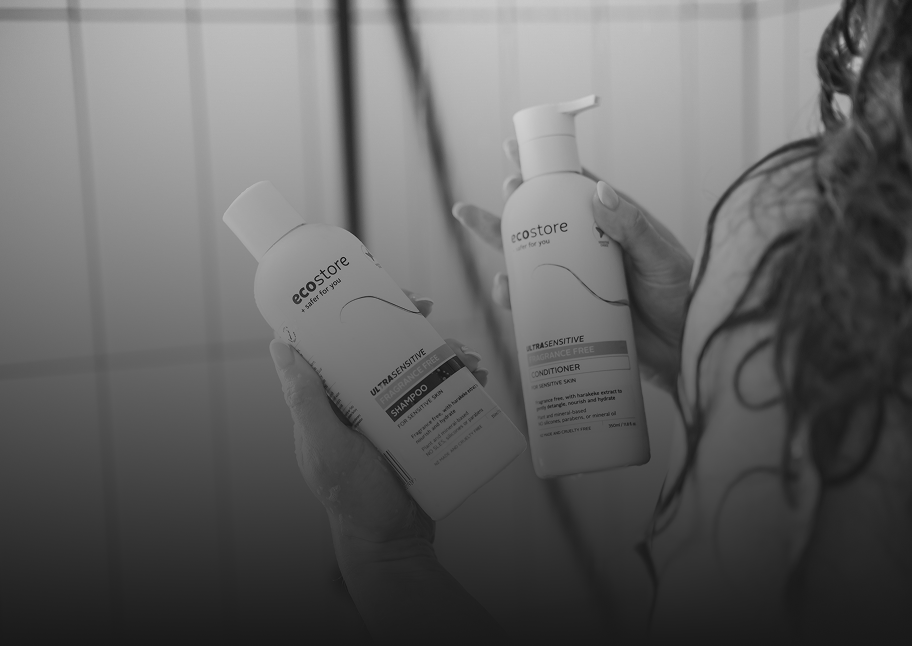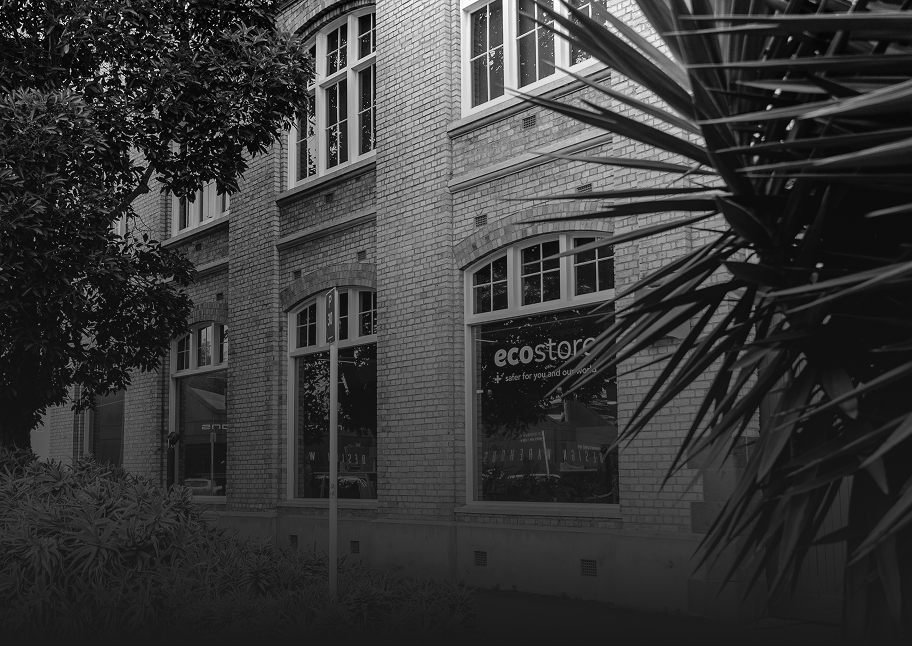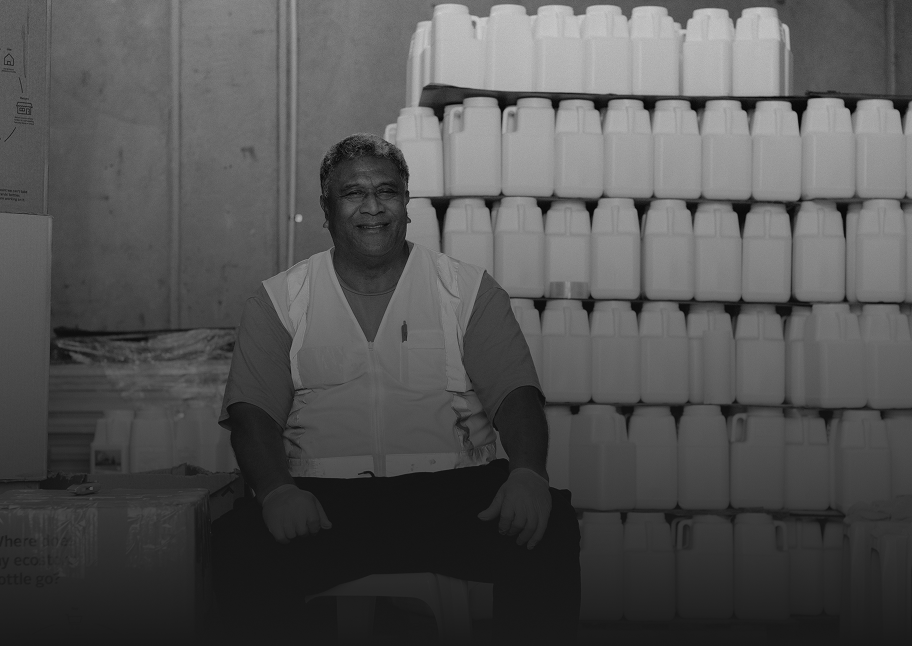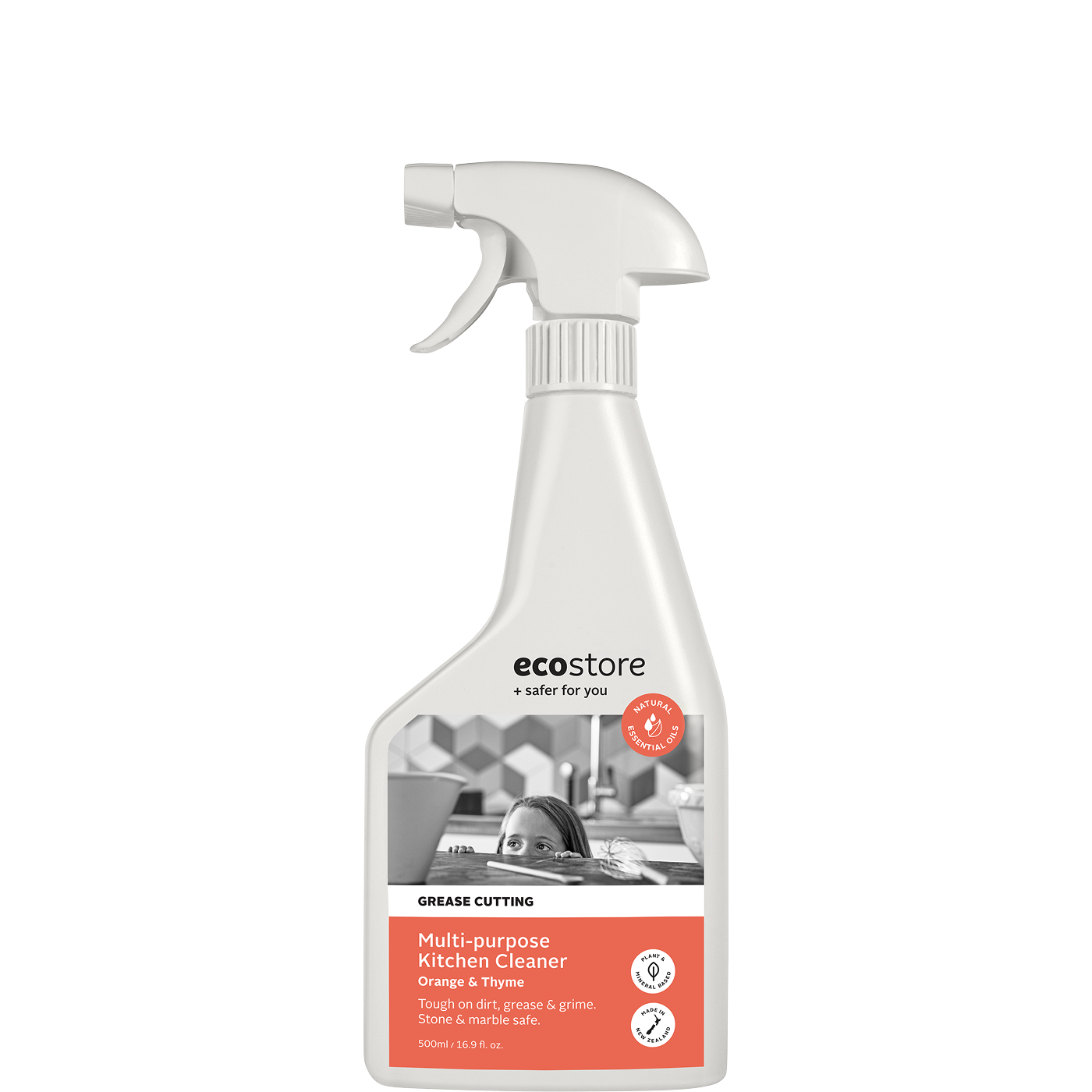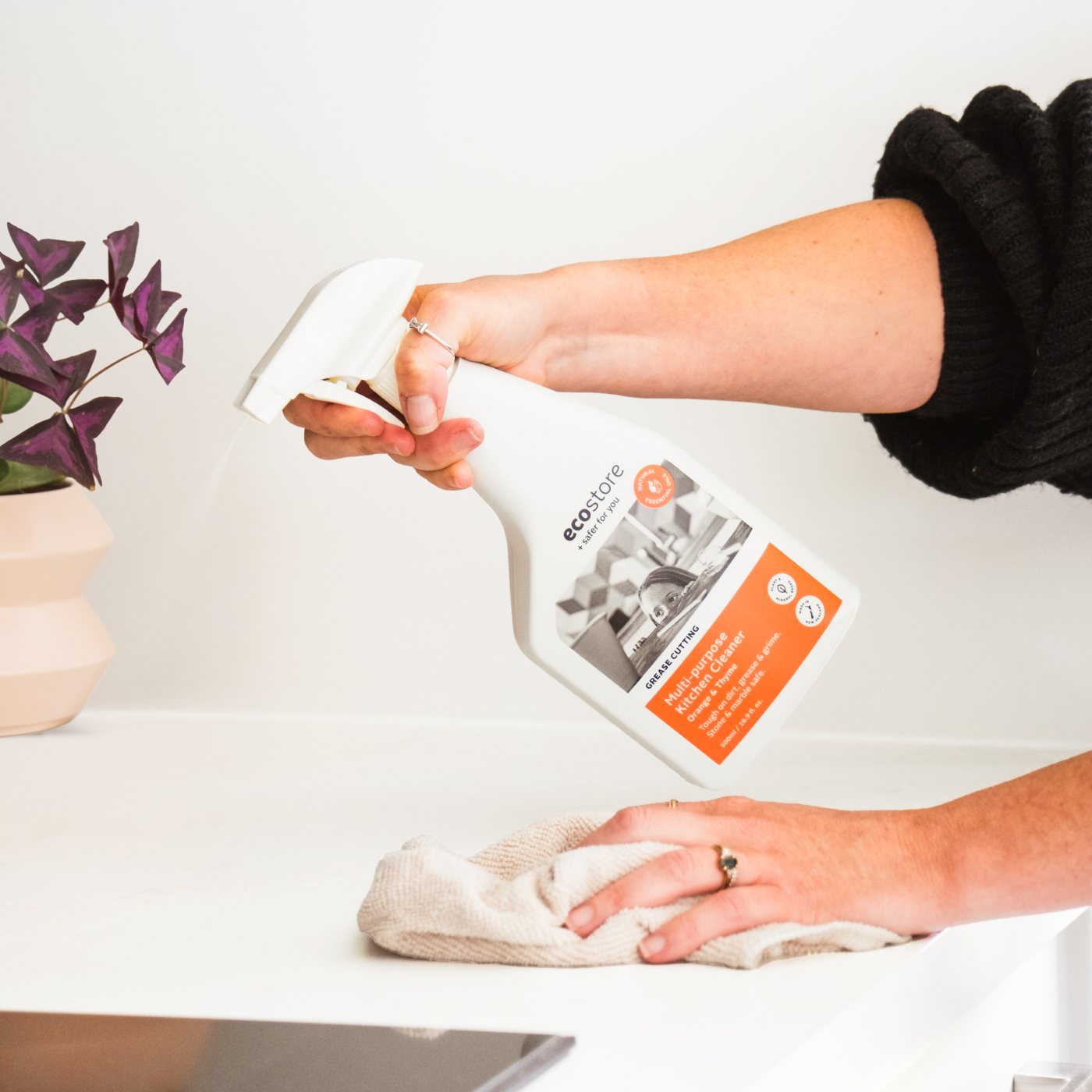For the second Q&A in our sustainability series we had a chat to Mike, the Managing Director at Kōkako, which makes organic and Fair Trade coffee. Mike talked about Kokako's sustainable and ethical practices and credentials and also shared his tips on how you can make better choices for our society when you get your morning coffee.
How did Kokako get started and what's the story behind the business?
Kōkako was established in 2001 by Helen Ollivier and Christian Lamdin initially as a coffee cart in Aotea Square, Auckland. Helen and Christian were ahead of their time and were already firm advocates for organics. Long before the LOHAS (Lifestyles of Health and Sustainability) movement became a buzzword Helen and Christian were living and working to promote organics and sustainability and championing environmental initiatives such as the protection of the natural habitat of the kōkako bird in the Waitakere ranges.
The kōkako is a New Zealand native bird endemic to this country and is part of the wattlebird family. There are around 1600 pairs of kōkako in New Zealand and although they are a threatened species the numbers are increasing due to the hard work of volunteer networks and DOC who are creating protected natural habitats without pests for the kōkako to thrive. This includes the Rotoehu Ecological Trust in the Bay of Plenty which we support.
How has the business continued its commitment to sustainability?
As a company we have to be very aware of our systems and processes. Sustainable business should be holistic and revolve around people (internal, external and suppliers), planet (ensuring that we make good procurement decisions and understand the full life cycle of our products) and profit (ensuring our company is financially sustainable). For each of these areas we then dig deeper and this is where aspects such as re-use, reducing packaging or reducing waste comes into it.
Climate change is a significant factor that every business should consider - we offset the carbon emissions for our coffee through a Fairtrade accredited scheme called Climate Neutral.
We are certified organic and certified Fairtrade and as noted above our coffee is Climate Neutral. Kōkako became certified Fairtrade in 2008 and the same year we also became certified with Biogro for organics. I purchased the business from Helen and Christian in May 2007 and having worked in the UK and Australian markets I knew the importance of third-party verification for organic and Fairtrade products, so the certification was an important step. Since the majority of the organic coffee we were buying was also Fairtrade it became important to have it all certified, and this also ensured transparency in our supply chain.
Apart from providing a minimum price guarantee for coffee farmers Fairtrade provides significant processes and mechanisms for the advancement and empowerment of coffee farmers and their cooperatives. This includes democratic systems for identifying how the Fairtrade premium is spent to benefit the people in the cooperative, farmer training on best-practice techniques for plant husbandry and coffee processing, and latterly a lot of work we have assisted with in training coffee farmers in PNG how to increase the quality and yields of the coffee for long term benefit. You can find more information on our commitment to Fairtrade in the Kōkako Sustainability report.
What would you say are your biggest contributions to a better environment and society?
This is where the Fairtrade system is extremely valuable. Because we are purchasing coffee from multiple coffee origins across the world it is difficult for us to validate the ethics behind every single origin. We have travelled to multiple coffee origins to see for ourselves that the Fairtrade system is working adequately but it is not viable for us to go to every origin.
We know that we are not perfect, but as a business we believe that we go above and beyond most to understand and mitigate our impact on the environment and to understand our supply chain. The Rotoehu Ecological Trust is based near Pongakawa in the Bay of Plenty and is a group that has been set up to protect and advance the numbers of kōkako in a protected native habitat. We assist by providing team members to help out on an annual basis - we do trap clearing and setting for pests, help to keep the tracks clear and also provide support by way of coffee and drinking chocolate to the volunteers. We also provide an annual donation to the trust for them to purchase equipment and provide a website consumer code “ROTOEHU” where if used for any online purchase we provide the retail margin back to the trust.
How does Kokako reduce waste in the roastery and café and how do you encourage customers to reduce their waste?
Kōkako café is run by a good friend who shares our values and commitment to quality. Both the café and the roastery try to minimise landfill by having our compostables collected by We Compost, by recycling all soft plastics, recycling all other items such as milk bottles, cardboard, cans etc and we also put some onus back on the supplier to collect items such as pallets for re-use.
We work with Innocent Packaging and Tony and his team have a shared commitment to innovation in sustainability. We believe that the best way to consume coffee is in crockery, thus creating no waste. If this doesn't work we are big advocates for reusable cups such as Keep Cups, but for the majority of people takeaway coffee cups are still quite prolific, and we think it is better to have a compostable option and as such we work with Innocent for custom-printed Kōkako cups.
How do you make sure you choose sustainable partners?
The suppliers we work with are generally chosen for their ability to be innovative in sustainability. It is difficult to get the whole supply chain to share your values but many of our suppliers do - like We Compost and Innocent. This year we will be introducing new procurement criteria for our suppliers as a checking mechanism to ensure that they are being considerate of their people and the environment in their production or supply chain processes. This month we have also been able to review our vehicles as we need to be able to drive all over NZ to meet our café customers who we supply with coffee. We chose to upgrade our existing Toyota Corollas to hybrid versions as we want to try to lower our carbon emissions across the whole business.
What do you do to be sustainable in your own life?
If I need to buy something I try to buy once and buy well. I think it is really important to think of the full lifecycle of a product and although this may mean a higher upfront cost the cost of ownership in the long run will be lower due to the quality of the product. Where possible I buy organic, especially fruit and vegetables. I am very particular about choosing local products from local producers and will try to ensure I purchase items that have little or no packaging, or at least something that is recyclable or compostable. I have some land in the Kaipara that I plan to build on this year - it is mostly native bush and I have already started working with my neighbours to set pest traps to try and introduce more native birds to the area. I also really enjoy our annual team trips to assist the Rotoehu Ecological Trust with pest trap clearing/setting and clearing of tracks.
And what tips can you give others to be sustainable each day?
The consumer is king - if the consumer wants it then this will drive changes in the industry and this will impact on availability of organic and Fairtrade coffee in more retailers. We are seeing a big shift in the willingness of retailers to carry more Fairtrade Organic products, and a greater awareness amongst consumers to make ethical and organic purchasing decisions that are not just driven by the lowest priced product on the shelf.
For coffee related purchases it is really easy to be a conscious coffee consumer. When purchasing your coffee from a café choose a café that stocks a quality Fairtrade Organic coffee brand, take along your re-usable cup or consume your coffee in crockery on the premises. When purchasing coffee from a retailer look for third-party verification on the pack from an organic or Fairtrade certifier, and check the packaging that it is either recyclable or compostable. You can also check that the coffee brand you are buying has considered their carbon offsets.
Read more

Creating easy, simple and effective home workouts is a great way to maintain focus and motivation, especially as we come into the colder months. Having access to exercise options literally on your ...

Creating easy, simple and effective home workouts is a great way to maintain focus and motivation, especially as we come into the colder months. Having access to exercise options literally on your ...

